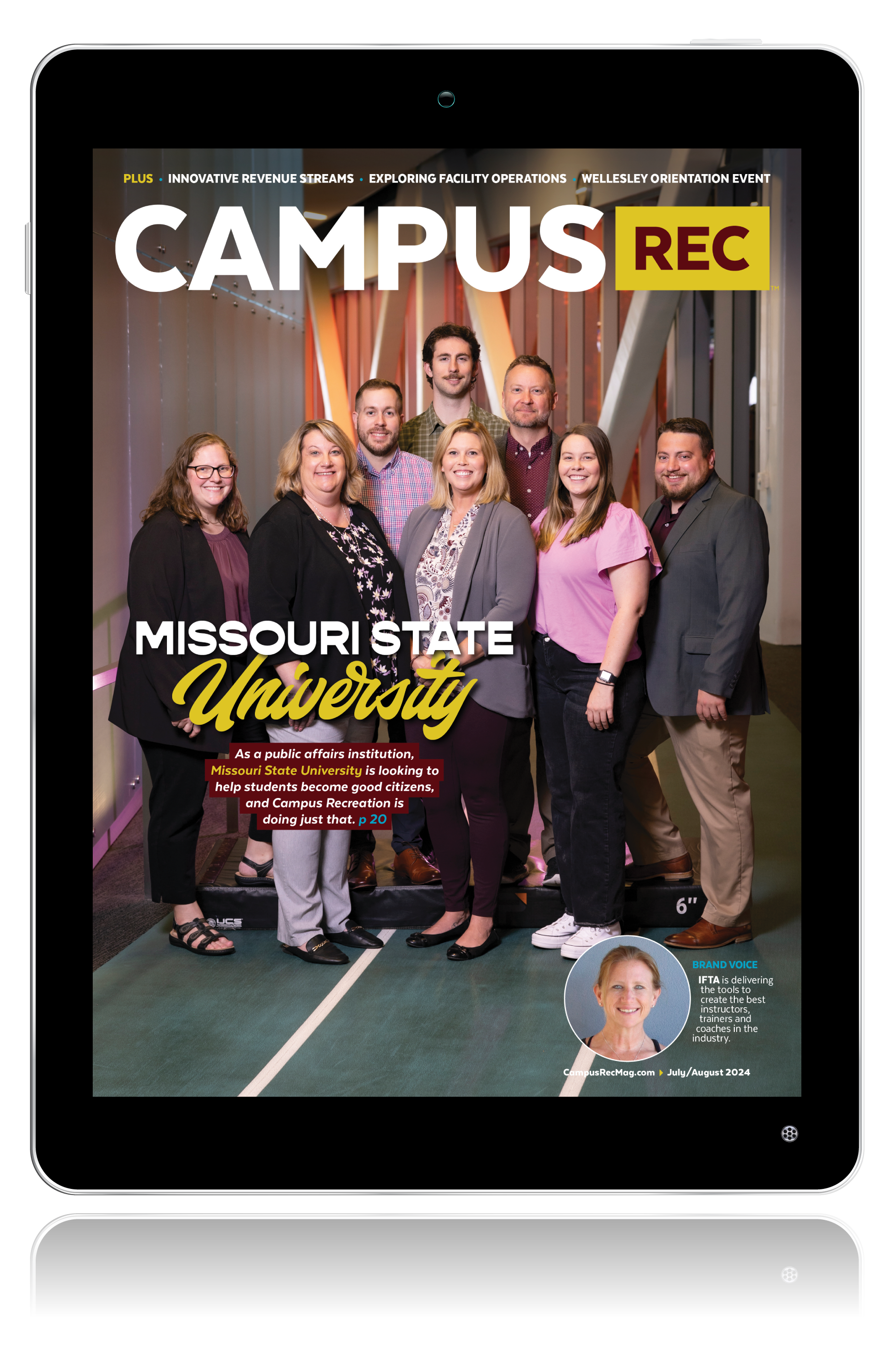Relational Leadership Theory (RLT) is defined as a relational process of people together attempting to accomplish change or make a difference to benefit the common good. This philosophy values being ethical and inclusive with holistic thoughts. Also, RLT acknowledges the diverse talents of group members and the process to bring high-quality thinking to the socially responsible. With this change, group members agree they want to work toward the task at hand. In fact, building and preserving relationships is the key to leadership effectiveness.
RLT emphasizes the relationships among people when leading an organization. This article discusses five components of relational leadership focusing on oneself and the potential positive impact on those around you. The five components are inclusive, empowerment, purpose, ethics and being process-oriented. And as leaders, we must provide opportunities that foster these characteristics and also promote servant leadership every day.
1. Inclusive
Inclusive leadership is “leaders who are aware of their own biases and preferences, and actively seek out and consider different views and perspectives to inform better decision-making across the organization.” Being an inclusive leader means the following:
- Understanding oneself and others.
- Understanding organizational culture; 360-degree thought process.
- The fundamental belief that everyone can make a difference.
- Building and preserving relationships within the organization.
- Carefully listening to all points of view.
2. Empowerment
Empowerment is “the process of sharing power and allocating more autonomy and responsibilities to future leaders through a specific set of leader behaviors that entails enhancing the meaningfulness of work, fostering the decision making of the organization.”
As a leader, empowerment brings the following attributes:
- Self-esteem.
- The positive impact of being inclusive.
- The fundamental belief that everyone has something to offer for the greater good.
- Contributions of a team that are solicited and valued.
- Encouragement of others.
- Promoting self-leadership at all levels.
3. Purposeful
Purposeful leadership means making decisions as part of the overall strategy to enable people to follow your lead. It means to collectively accomplish a task; consistently evaluating the decision and actions of oneself. If you have a good relationship with people you lead, their performance will validate your skillful leadership qualities. To be a purposeful leader, it is important to incorporate these characteristics into the organization:
- A transparent understanding of the overall process in accomplishing the organization’s mission.
- Promoting an attitude that is positive, optimistic and helps everyone.
- Supportive of an environment that promotes creativity and innovation.
- An environment that involves others in the vision-building process.
4. Ethical
Ethical leadership is “leadership demonstrating and promoting appropriate conduct through personal actions and interpersonal relationships.” Ethical leadership is putting people into management and leadership positions who will promote and be an example of ethical conduct in their actions and relationships in the workplace. Being ethical in the workplace as a leader must include the following characteristics:
- Thorough decision-making.
- Encourage socially responsible behavior.
- High standards of behavior for each person that helps everyone.
- Focus on the development of one’s character.
- Actions that benefit others versus actions pursued for self-gain.
5. Process-Oriented
Being process-oriented in leadership is “the ability to identify characteristics of being a unified team, remaining a team through times of adversity and accomplishing the team’s purpose.”
When giving a specific task or assignment, the first step is identifying a process to carry out and complete the mission. As a leader, we must be held accountable for creating an environment where future leaders are empowered, keeping a team engaged and encouraging the team throughout to meet the end goal.
Examples of being a process-oriented leader include:
- Understanding community.
- Encouraging high-quality effort.
- Collaboration throughout and reflection at the end.
- Understanding the process is as important as the outcome.
- The ability to give and receive feedback.
Summary of Relational Leadership Theory:
RLT is a relatively new concept that focuses on the process of getting people together to accomplish change, make a difference and create a synergistic environment where every person can feel empowered and welcome. So, as a leader it is important to remember that having an inclusive mindset, providing opportunities for empowerment, creating purpose within, practicing ethics through servant leadership and teaching what process means to accomplish the mission are the building blocks to creating an energetic, powerful culture.
EXTRA CREDIT: Here is a list of leadership books released in the last five years or so that may prove beneficial in your professional development journey.
Without process, an organization can’t function at a high level. As such, there has to be sound communication, collaboration, teaching opportunities and a 360-degree thought process for every conversation and interaction. Also, every organization must have people who are teachers; people who have a willingness to learn; and people who understand the importance of a “team.” So, focusing on the five components of the RLT will enhance and drive the organization towards a high efficiency, transparent, positive culture.










